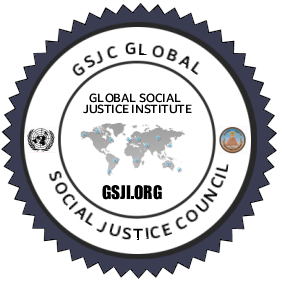GLOBAL SOCIAL JUSTICE INSTITUTE
cumstances and needs. While certain basic principles and criteria are common to all special procedures, the complexities and peculiarities of each individual mandate have at times required special arrangements. Dialogue with Governments Individual complaints mechanisms
| ||
Virus Justice Italian Freedom Day J23 History of Racism Book-HR Join Commission Ethics Badges Site Map Education Policy Agenda Top Social Justice Issues Anti Slavery Book Truth and Justice Commission USA Ethnic Justice Truth and Justice Commission * Anti Slavery Society - Election Intrigrity George Mentz Colorado Springs Coronavirus Biden Fault Negligence |
Accreditation Bodies: www.GAFM.com * www.GAFM.org * www.CertifiedProjectManager.eu * www.AAFM.org * Certified Project Manager * Certified e-Commerce Consultant * Royal Law Society * Royal Business Society * Royal Business College * Royal Fellows * Royal Economics Academy * Oxford Law School * AAFM * Certified International Project Manager *

